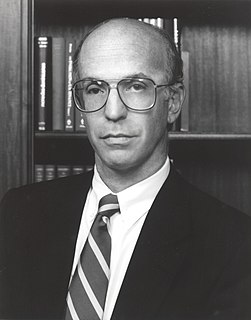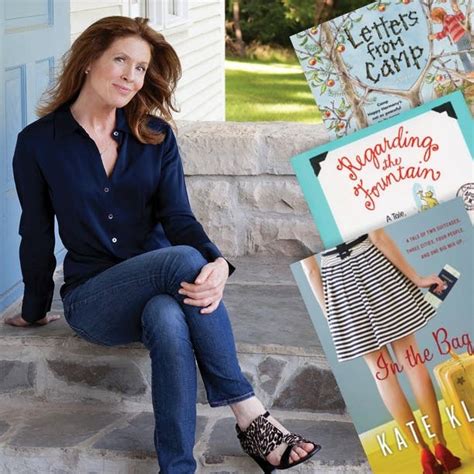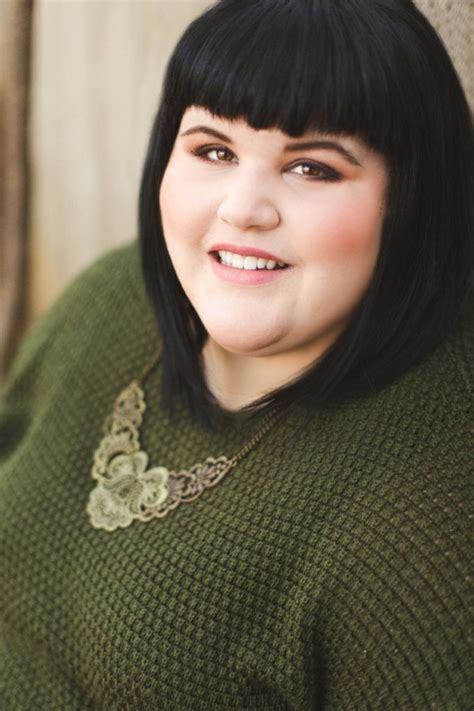A Quote by Robert Breault
To the student I would say, "Life is principally multiple choice, but at the end there's a tough essay question.
Related Quotes
To read as if your life depended on it would mean to let into your reading your beliefs, the swirl of your dreamlife, the physical sensations of your ordinary carnal life; and simultaneously, to allow what you're reading to pierce routines, safe and impermeable, in which ordinary carnal life is tracked, charted, channeled. Then, what of the right answers, the so-called multiple-choice examination sheet with the number 2 pencil to mark one choice and one choice only?
But in the end, science does not provide the answers most of us require. Its story of our origins and of our end is, to say the least, unsatisfactory. To the question, "How did it all begin?", science answers, "Probably by an accident." To the question, "How will it all end?", science answers, "Probably by an accident." And to many people, the accidental life is not worth living. Moreover, the science-god has no answer to the question, "Why are we here?" and, to the question, "What moral instructions do you give us?", the science-god maintains silence.
Our job as friends, mentors, parents, and writing coaches is not to write anyone's college essay. That's cheating. Plus, it sends a discouraging message to the teenager that he or she can't be trusted with this important assignment. Trust the student to write the essay, but verify that it gets done. Gentle editing and proofreading are allowed.
They say people can think for themselves? Do you honestly believe that the chap who can’t pass primary six knows the consequence of his choice when he answers a question viscerally, on language, culture and religion? But we knew the consequences. We would starve, we would have race riots. We would disintegrate.
What is there to understand? The significance of life? How long will it take to understand the significance and the meaning of life? 20 years? 30 years? And the same question will be here in another 20 years, I guarantee you. Until you stop asking that question. When that question is not there, you are there. So that's the reason why you keep asking the question: you do not want the question to come to an end. When that comes to an end, there will not be anybody, left there, to find out the meaning, the purpose and the significance of life.





































